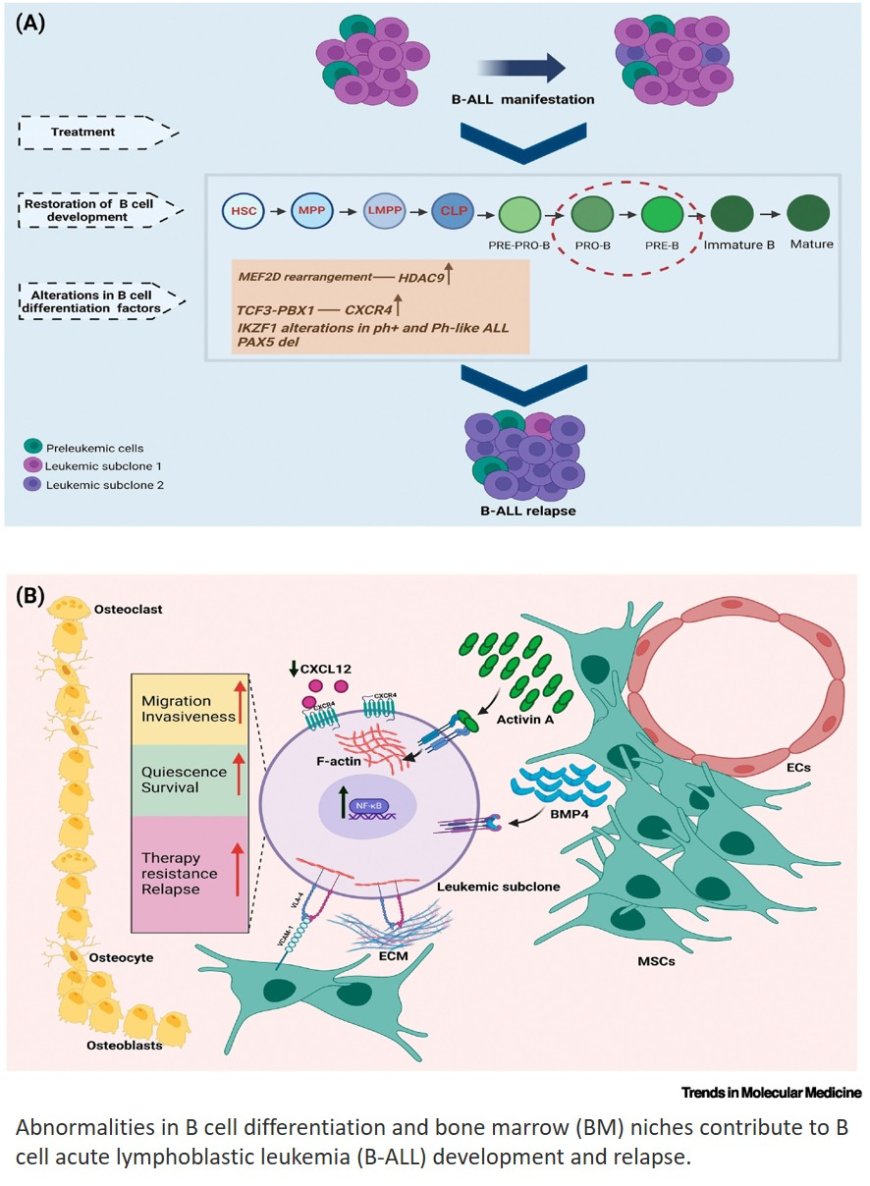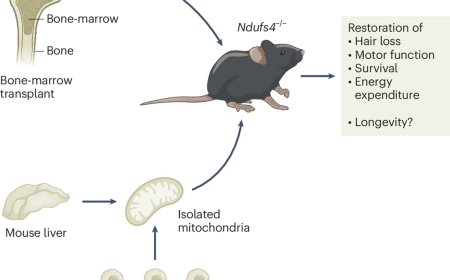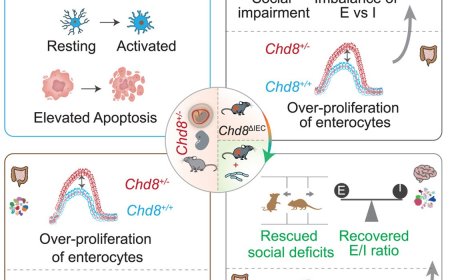ALL relapse!

Of acute lymphoblastic leukemia (ALL) patients, 20–25% suffer relapse after successful initial treatment, with much higher rates of early relapses in developing countries.
Relapse is one of the main obstacles to achieving better survival rates in patients with ALL.
Genetic alterations and molecular changes in leukemic cells drive ALL relapse. More research is needed to identify which of these changes are specific to relapse.
The bone marrow and central nervous system microenvironment protect ALL cells from therapy-induced cell death and provide signals to induce relapse.
Actin-binding proteins regulate cytoskeleton dynamics, thus providing the mechanical force for leukemic cell migration and organ infiltration during relapse, but their potential as therapeutic targets remains unexplored.
Identifying and characterizing specific ALL relapse mechanisms will offer new opportunities for improved clinical interventions.
https://www.cell.com/trends/molecular-medicine/fulltext/S1471-4914(25)00107-8
https://sciencemission.com/Acute-lymphoblastic-leukemia-relapse












